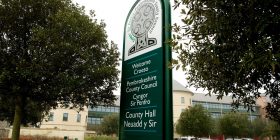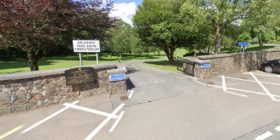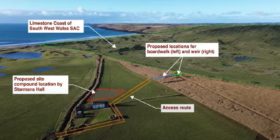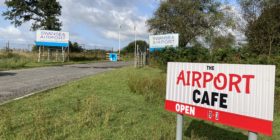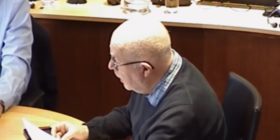Week Of Action To Raise Awareness Of Slavery

This week (commencing 17th October) we are teaming up with the other three forces in Wales and partner agencies to embark on a week’s worth of activity to raise awareness, identify offences and support victims.
The aim of the week is to break down the traditional views of slavery in the community, to offer support to victims and tackle the perpetrators of modern slavery. Throughout the week, Gwent officers will be working to raise awareness and tackle offenders, focussing on areas in the community where the risk of slavery is highest.
Detective Superintendent, Leanne Brustad who is the Operational Policing Lead on Modern Slavery for Wales said:
“When we think about modern day slavery, we might imagine that it only happens in foreign countries, but slavery still exists in Wales today. Forced labour is the most common purpose of trafficking in industries such as agriculture, construction and hospitality.
“We’re aiming during this week to raise awareness and do all we can to protect some of the most vulnerable people in our communities. Awareness of modern slavery has increased with the passing of the Modern Slavery Act in 2015 however more work needs to be done to raise knowledge of these types of crimes in Wales.
“Victims of these kinds of offences are sometimes unaware that they are victims, or are in fear from those controlling them. Sometimes their fear prevents them from seeking help from the authorities and so I would urge anyone who suspects that someone is being treated in this way to contact 101 so they can receive the appropriate help and support.”
If anyone has suspicions that someone they know may be a victim of slavery, some of the indications which could help to identify they are victims of trafficking include:
- Not having a passport or other means of identification
- They are withdrawn and refuse to talk to, or appear afraid to talk, a person in authority
- They are unable, or reluctant to give details of accommodation or other personal details
- They work in various locations
- Having limited freedom of movement
- They perform excessive housework chores and rarely leaves the residence
- They have low or no salary or are permanently deprived of a large part of their earnings by another person
- Being escorted whenever they go and or return from work and other activities
- They work long hours or have few, if any, days off
- They sleep where they work
- They have no privacy, sleeping in shared and over-crowded spaces
- Security measures are in place to keep them at the work place, for example locked doors and windows
- They are not dressed properly for the work they do, for example they don’t have protective equipment or warm clothes
Spotted something? Got a story? Email News@News.Wales





